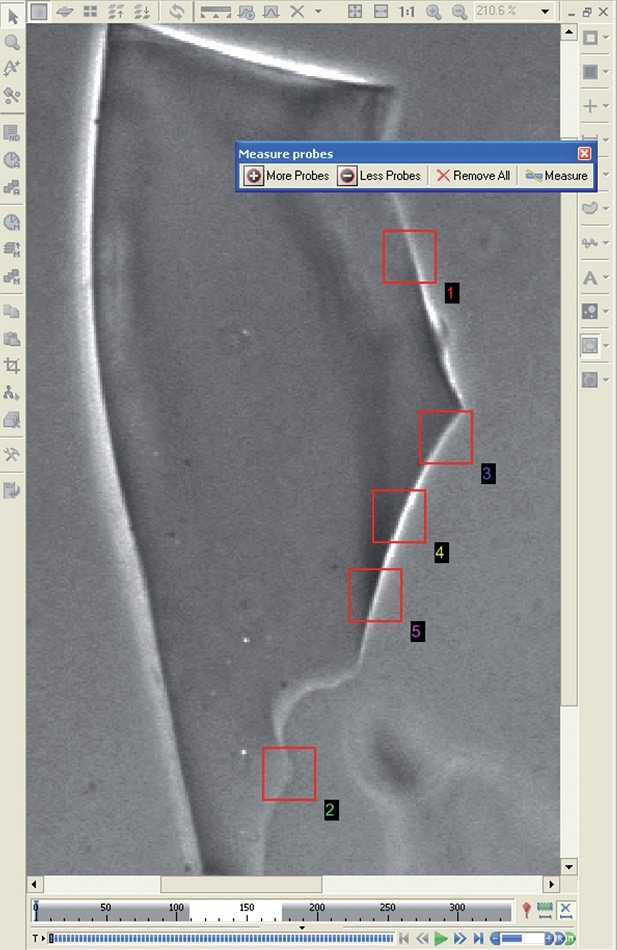
Image Credits: CRAIC Technologies
CRAIC Technologies, a leading innovator of UV-visible-NIR microanalysis solutions, is proud to announce the introduction of its Glass Refractive Standards set. This set is used to calibrate instruments, such as CRAIC Technologies rIQ™ , that are designed to measure the refractive index of microscopic fragments of glass and glass-like materials. The Refractive Index Glass Standards set consists of both calibrated glass samples and immersion liquids calibrated for refractive index versus temperature. The glass materials consist of optical glass in sizes suitable for crushing and use with rIQ™ and other automated glass refractive index measurement systems. The oils are calibrated and also designed for use with automated glass refractive index measurement systems. These standard reference materials are designed to be in compliance with the standard test methodology defined by ASTM 1967.
The current supplies of glass reference materials are nearly exhausted. CRAIC Technologies, with the introduction of the rIQ™ automated refractive index measurement system for glass, needed to develop a new source of reference materials for our customers. Our engineers have created this set of standard reference materials. This set is designed to aid in the calibration of instruments like rIQ™ and as such have been well characterized in terms of their refractive index and in accordance to the test methodology ASTM 1967.
Dr. Paul Martin, President, CRAIC Technologies
The default set of standards consists of a number of glass materials and high purity silicone oils. The glass standard reference materials cover a refractive index range of 1.4800 all the way to 1.5400. This range is also covered by the oils. Additionally, the oils have a thermal coefficient and a delta of that coefficient that meets the ASTM criteria for these types of tests. As part of the test methodology defined by ASTM 1967, the oil and glass standards are used to calibrate the glass refractive index measurement system prior to casework analysis. As such, this set represents a new, well characterized source for glass refractive index instrument calibration.